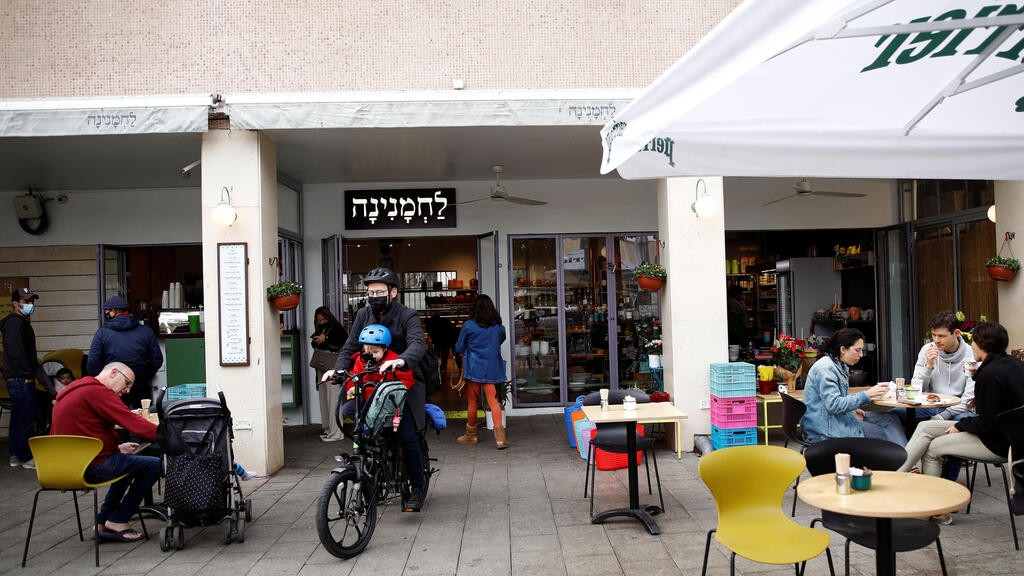Coronavirus czar Prof. Nachman Ash on Sunday warned that if Israelis do not remain vigilant on health regulations, the country could see a new rise in coronavirus cases that necessitates a fourth nationwide lockdown.
Ash told Ynet that Israel's much-lauded vaccination drive, which has already seen half of the country's population inoculated against COVID-19, could protect hospitals from an increase in serious cases.
But, he warned, some rise in morbidity was expected after Israel took its final steps to reopen its economy on Sunday morning, although some restrictions on crowd sizes and entry to venues remain.
"This is not over. We must continue to be careful, use masks and maintain social distancing," Ash said. "We have a way to go until the pandemic is behind us," he said.
"We will have to track the numbers and as long as the increase in cases is under control and there is no surge in serious cases, we will be able to keep the economy open," he said, adding that serious cases in hospitals were dropping.
The Health Ministry said Sunday that there 724 people in serious condition were being treated in hospital.
"This is not a small number, but the health system is able to cope with it," Ash said referring to the serious cases. "If the number continues to rise, we may have to renew some restrictions," he said.
The coronavirus cabinet voted late Saturday to allow the reopening of much of Israel's economy under certain health mitigation restrictions.
3 View gallery


Patrons return to a Tel Aviv cafe as Israel further the eases coronavirus restrictions, March 7, 2021
(Photo: Reuters)
Restaurants, cafes and bars reopened for holders of the Green Pass that shows they have had both doses of the vaccine or have recovered from COVID. For outdoor dining, however, the Green Pass is not required.
These businesses can operate at only 75% capacity while event halls are allowed to reopen at 50% capacity and in accordance with Green Pass guidelines
"The Green Pass regulations are clear," Ash said. "Over 3.5 million people have already received two doses of the coronavirus vaccine and can enter places of business safely. If the rules are observed, I believe we will not see a worrying rise in contagion there."
Places of worship operating in accordance with the Green Pass regulations can now allow up to 500 people inside the building as long as the attendance remains at 50% of the overall capacity of the site.
3 View gallery


Students return to class in Haifa after months-long absence due to coronavirus restrictions
(Photo: Gil Nehushtan)
As part of the new measures, students in grades 7-10 in areas with low morbidity and high vaccination rates were able to attend school for at least two days a week, joining the rest of the country's schoolchildren who had already returned to class.
"I am unconcerned about more in-school learning because that is happening in areas with low morbidity," Ash said. "We will monitor the situation and will act accordingly," he said.


